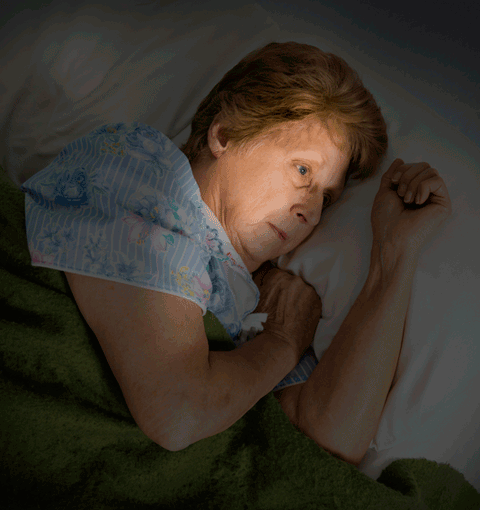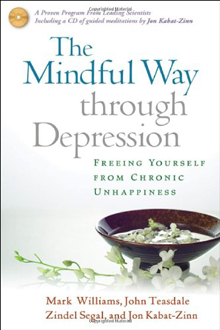
 |
Causes for Depression In Older PeopleBy Gretchen Heuring | 07.01.2014 |
Depression in older people can be disabling for them and they truly can't help themselves. For loved ones, the most difficult symptoms are self-centeredness, and inability to make decisions. Some depressed people simply collapse into themselves and seem to be unreachable. There can be physical sources of depression, but most often the problem rests in the spirit.
Physical Sources of Depression
"This old body is full of aches and pains," we hear this often as our older people move slowly or not at all. Researchers tell us that depression makes all sorts of pain worse.
Of course these days we know that movement is the best thing for anyone. Exercise will definitely relieve depression. Along with exercise, the body needs balanced, nutritious meals and adequate uninterrupted sleep. So how do we coax that stubborn old person to exercise and eat her lettuce? When we exercise and choose healthy foods, the changes take time to mature. For an older person, an exercise program can take months to develop flexibility and balance.
Safety and Security
Fear of falling is a big problem. There may have been a fall, or an almost-fall and now stairs, steps and bathtubs are scary. Of course physical strength through exercise could make a big difference but overcoming fears is something else entirely.
My friend Jane, and her husband Tom, were athletic into their late seventies. They rode their bikes frequently, hiked to beautiful places, and took a ski vacation every winter. Last year, at a stop light, Tom lost his balance on his bike with the toe clips still on. He fell over and suffered a broken pelvis. Now his body has healed but he won't bike or ski or hike anywhere there might be a scramble. He gets dizzy on stairs. His body is well, but his spirit is afraid of falling.
Depression causes other forms of fearfulness. A depressed older person often worries about unexpected and dangerous events. So a predictable orderly world is most comfortable. That spot on the sofa or bed with regular television programs is a source of security.
In her book, The Gift of Years, Joan Chittister says, "A burden of these years is the possibility of giving in to the fear of invisibility, of uselessness, of losing our sense of self and human obligation. Fear tempts us to believe that life is over--rather than simply changing." The truth of her words stings deeply. We actually are older and weaker.
We can find purpose by adapting to change, by finding ways to give all that we have learned and know.
Love and Belonging
Our older person is isolating herself and so doesn't foster needed relationships. Besides that, depression causes feelings of being a burden to others. She may actually say, "I don't want to spread my doom and gloom." She can't see out of her sadness and stubbornly refuses to participate. So there is little opportunity to receive the love and affection she so desperately needs.
Self Esteem
Depressed people often can't say anything good about themselves or recall anything they enjoy. They may have experienced rich full lives with accomplishments, family and friends but their depression forms a barrier to the esteem they deserve to experience. They actually abandon the strong vital part of themselves and feel, in their hearts, that they are worthless. This feeds their desire for isolation.
Finding Self
True self-awareness, or self-belonging, is actually the highest form of our person. It means that we are able to express ourselves with comfort and creativity. We eagerly and openly share with others. This is the place where we should find ourselves in old age, bringing us a sense of peace and wholeness.
The greatest gift we can offer a depressed loved one is a source of help to regain her spirit and grow beyond whatever is enslaving her.






